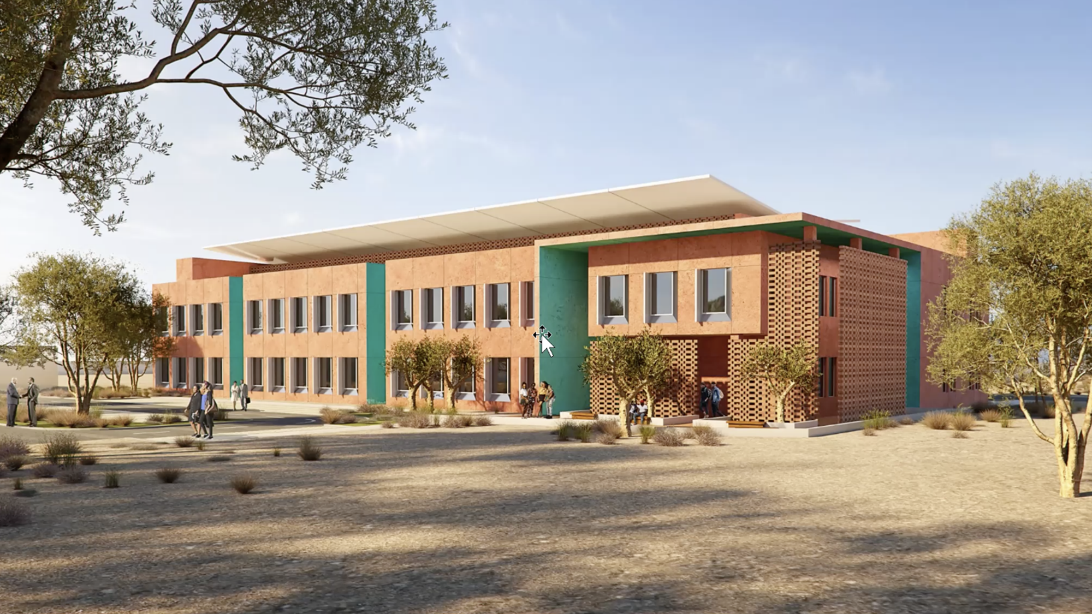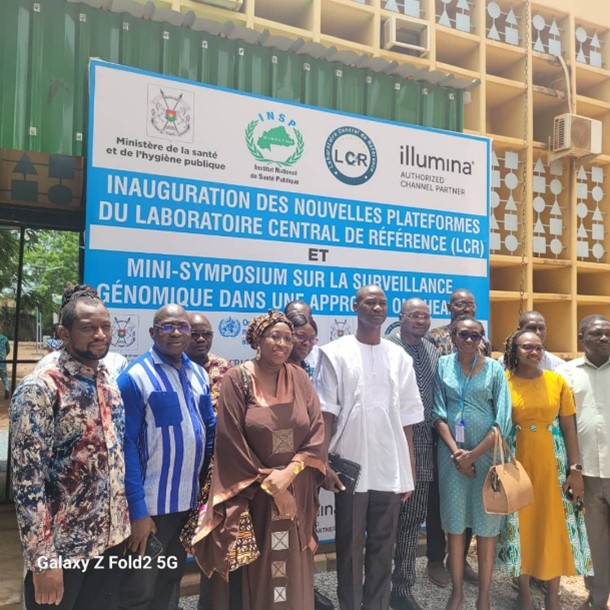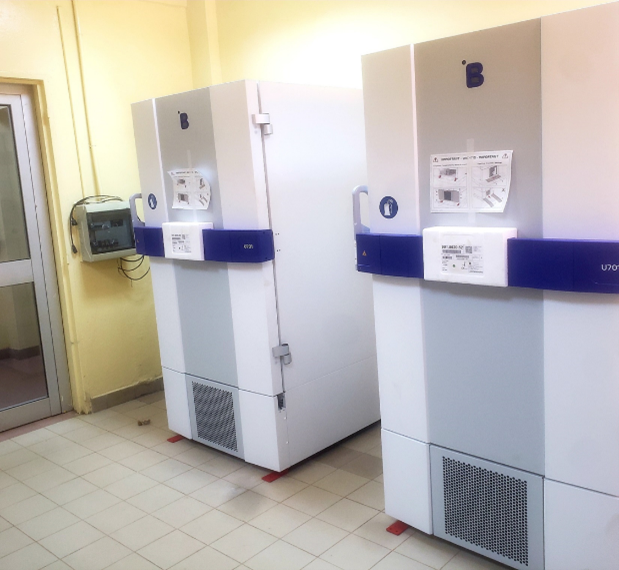
The biobank. It’s an essential concept for our global health security systems and preventing the next disease outbreak. Unfortunately, it’s overlooked in most health care systems as disease response has become the primary focus over the past few years.
A repository or collection of biological samples, a biobank aims to preserve biological resources—from humans, plants, animals and other aspects of nature—in optimal condition so they are available to the scientific community for the advancement of research and knowledge worldwide. This helps facilitate the development of innovative medicines, vaccines and diagnostic tests, which strengthens epidemiological surveillance and advances genomic research, such as discovering treatments for different types of cancer.
Samples donated by clients with breast cancer, for example, have been used to identify therapeutic targets and help predict which groups of people would (or would not) benefit from a particular treatment, thus providing critical information for the development of a treatment strategy. These client samples are an indispensable resource for cancer research and an unparalleled asset for the development of more effective personalized treatments for many diseases.
Biological specimens have been collected in biobanks for decades, but it was only in the 1990s that biobanks were established more systematically, predominantly in high-income countries. Today, despite being the second most populous continent with incredible biodiversity, Africa contributes very little to the advancement of research for treatment solutions. Biological data banks would help make scientific research more inclusive and wider reaching. The Biodiversity Biobanks South Africa project, for example, has more than half a million items in various biobanks across the country, but it is one of only a few country-based biobanks on the continent, all of which contribute only 2% of the data used in genome-wide studies.
In Burkina Faso, local capacity for the conservation of biological samples has been weak. It has been hard for the country to conserve biological resources at both the technical and biosecurity levels in the regions because of inadequate conditions. Burkina Faso is left to export large quantities of these samples to high-income countries with biobanks that have more diagnostic tools and meet international technical standards.
But that is about to change.

When COVID-19 spread around the world, it highlighted the importance of the biobank as a tool to prevent future public health emergencies. In February 2022, Burkina Faso initiated the creation of a national biobank using their virtual electronic pathogen registry, a database of biological resources stored in the country’s nine national reference laboratories (tuberculosis, antimicrobial resistance, meningitis, HIV, human papillomavirus, hemorrhagic fever, measles, rotavirus and influenza). But setting up the physical biobank has not been easy. Jhpiego has been supporting Burkina Faso’s National Lab service since 2018 through a project funded by the U.S. Centers for Disease Control and Prevention. This includes training staff, conducting assessments, drafting procedures, monitoring virtual data and purchasing and installing equipment according to standards. In June 2024, Burkina Faso inaugurated a physical biobank structure on a temporary site, with plans to move it to a permanent location once funds are secured.
Successfully setting up a central biobank requires overcoming financial, infrastructural, organizational and documentation difficulties. One of the first requirements is for all academic institutions, research institutes and reference laboratories in the country to establish a centralized inventory system for samples of interest. If resources are limited, electronic pathogen registries, with a focus on supervision and the development of a virtual biobank interface, can replace a physical biobank until a permanent, physical one can be completed.

Biobanks play a crucial role in the development of many health care approaches and treatments. They inform ways to reduce behaviors that put one’s health at risk, ensure universal access to medical coverage and health services, support research and development of vaccines and medicines and improve management of health risks. This underscores the importance of biobanks to global health systems and their lifesaving potential. Their time in Africa is now.



